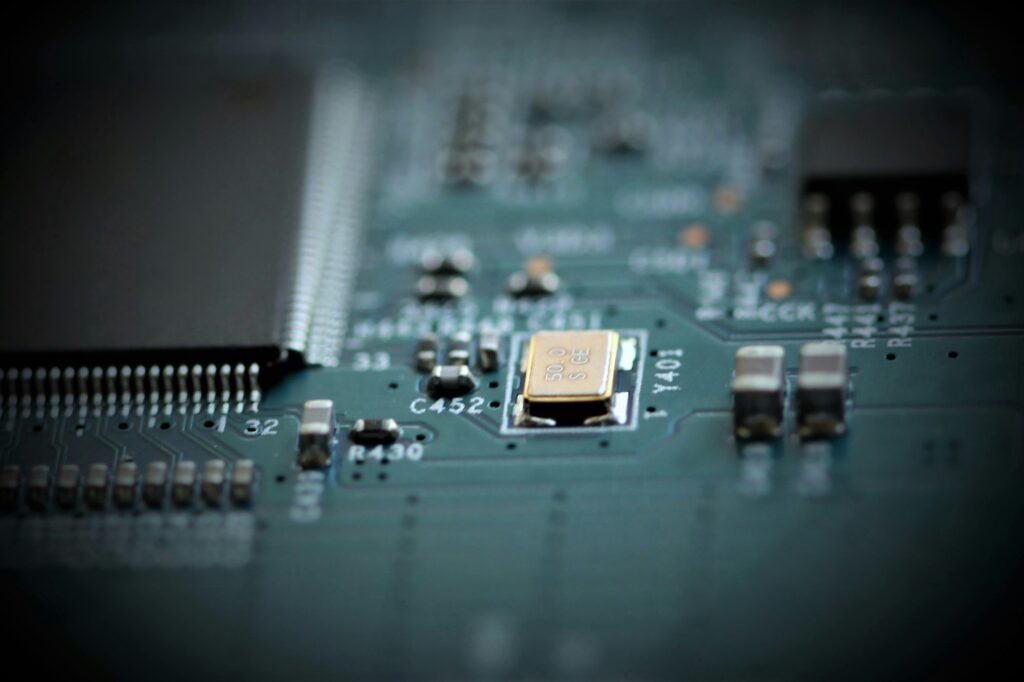SK Hynix and Samsung gained as OpenAI launched its $500bn global AI infrastructure expansion.
Both companies secured roles in supplying high-bandwidth memory (HBM) for OpenAI’s massive Stargate data-centre project.
Shares of SK Hynix jumped 10% while Samsung Electronics rose over 3% in Seoul trading.
Samsung leads the world in DRAM and NAND flash production, powering everything from servers to smartphones.
SK Hynix ranks second in global DRAM output but leads the market in high-bandwidth memory chips.
Together, the two dominate over half of the global memory market, shaping pricing, capacity, and technology trends.
AI Push Locks in HBM Demand
High-bandwidth memory enables Nvidia processors to move huge volumes of data at extreme speeds.
This capability is vital for training and deploying large-scale AI models that standard memory cannot handle.
The Stargate project will establish AI supercomputers across continents, requiring vast monthly volumes of HBM stacks.
Industry estimates suggest the project may demand hundreds of thousands of HBM wafers every month.
Such demand would reshape global semiconductor capacity, strengthening SK Hynix’s HBM3 leadership.
It would also accelerate Samsung’s expansion into next-generation HBM4 development and supply.
Seoul Emerges as AI Infrastructure Hub
South Korea aims to position itself as more than a hardware manufacturing centre.
Hosting one of the largest AI infrastructure efforts reinforces its role as a regional technology hub.
The project aligns with Washington’s strategy to secure facilities in politically aligned nations.
Korea’s memory sector offers the needed scale and global reliability.
By anchoring OpenAI’s plan, Seoul cements its place in the evolving AI supply chain.
The initiative highlights South Korea’s strategic value in diversifying away from China-sensitive technology ties.


